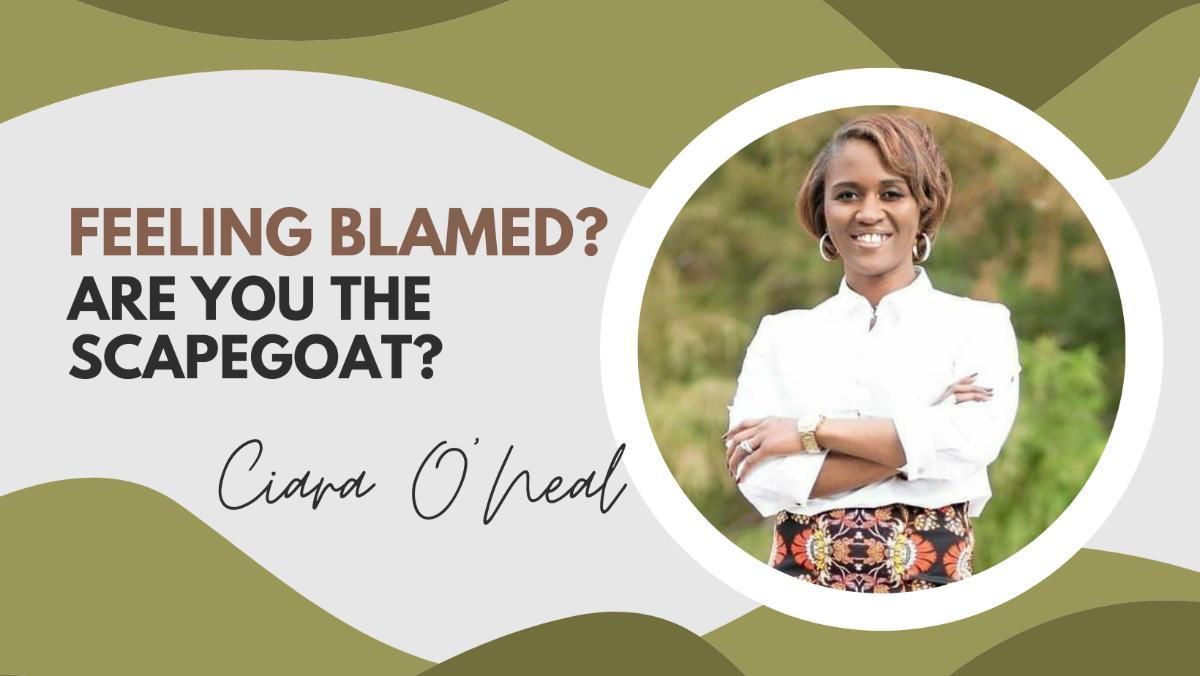Feeling Blamed? Are you the Scapegoat?

Do you ever find yourself feeling like the scapegoat of the group? This group can be your family, group of friends, or your work cohort.
What is a scape goat, well this person is one the typically gets blamed for everything. They typically grow up in a dysfunctional family and go on to have similar relationships where they are the person that has to carry the load of everyone else’s anger, frustration, and so forth. It’s like they never have a chance, and after years of that being the case, who would be able to have any type of solid self-awareness. They’re often taken advantage of, ridiculed, and ignored which leads to developing a self-sabotaging personality and never reaching their full potential, because of these constant negative views and feelings embedded in their mind. Many can hold it together on the outside and put on a happy face then suffer in silence.
To escape this situation, one has to have better self-awareness. Self-awareness starts with challenging cognitive distortions, also known as “stinking thinking,” that is developed over time. This can range from catastrophizing every little thing that happens, always taking things direct and personal, emotional reasoning, and constant labeling of yourself reinforces those negative and unhealthy behaviors. There are three steps to start the process of overcoming. For starters you have to first identify and acknowledge the irrational thoughts. Then ask yourself three simple questions.
- What evidence is there that makes this thought true?
- Am I assuming the worst?
- Are there other ways I can think about this situation or myself?
Answering yes to at least one of these three questions jump starts the process of challenging these irrational thoughts and the path to peace.
This third step may be hard to digest, but you are going to have to either finally cut some folks off, or distance yourself at minimum a solid 30 days. Yeah, I know sometimes, it’s hard especially when this includes family, a good friend, or even social media all together. But, when you step back and notice the constant negative energy and influence, they bring to the party, there is no way you can grow with them actively in your life. So that means some people may be annoyed and angry with you. But you have to put yourself first for once in your life, and screw what anyone else thinks, especially if that means your quality of life will improve.
***Originally posted on Feeling Blamed? Are you a scapegoat? (counselingbypenny.com)***



